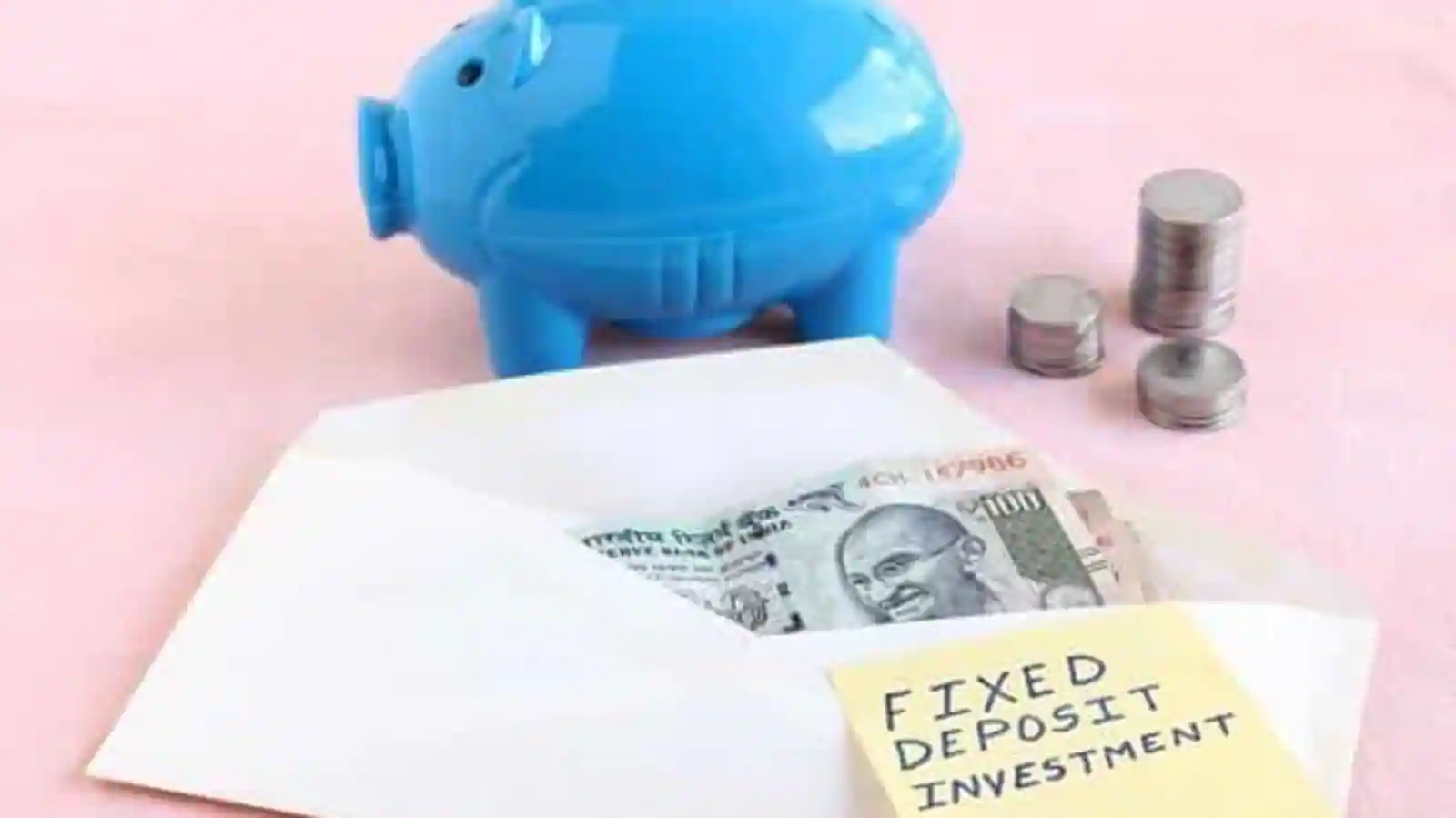Many investors globally consider India as the land of investment. The sheer number of financial instruments available for investors in India is unparalleled. However, not all offer the same kind of returns or risk-adjusted returns.
If both conservative and aggressive investors like one investment option, it’s a fixed deposit. Fixed deposits (FDs) are the most common type of investment for investors looking for attractive returns and optimal security. Plus, the advent of housing finance companies and non-banking financial companies has made this financial instrument more flexible and rewarding. Housing finance and non-banking financial companies offer higher fixed deposit ratesthan conventional banks, a reason why many investors are turning towards corporate FDs.
But is FD a wise investment option, or should you rather wait for something better than a fixed deposit? The answer is contained in the following sections.
The Pros of Investing in a Fixed Deposit
Here are the top reasons why investors prefer fixed deposits:
- Low Risk
Fixed deposits carry fewer risks than financial instruments like shares or mutual funds. Unlike stocks or mutual funds, FDs do not depend on market movements. The financial institution informs the interest rate and maturity date at the time of investment. Here, the returns remain the same irrespective of the economy’s condition or the capital or secondary markets.
- Loan Against FD
A fixed deposit entitles you to avail a low-interest loan by pledging your FD certificate. This facility saves you from the hassles of availing of a high-interest loan should the need arise. Generally, you can apply for a loan amount of up to 75% of the deposited amount at a 2% higher rate than the prevailing fixed deposit interest rates.
- Flexible Investment Term
Since fixed deposit rates are decided at the time of investment, you can leave all your worries behind while investing. Generally, you can choose an investment term between one year and ten years, depending on your financial objectives and income requirements. Once your rates are decided, it remains locked until maturity.
Now that you know the top benefits of investing in a fixed deposit, let’s understand the cons.
The Cons of Investing in a Fixed Deposit
Every investment instrument has some advantages and disadvantages. Here are a few demerits of FD investments:
- Risk
Although many investors consider fixed deposit a 100% risk-free investment option, it is not always so. When you invest in a bank FD, your investment is insured up to an amount of INR 5 lakh across all accounts in the bank. Hence, if your savings/current plus FD account balance exceeds INR 5 lakh, the amount over the specified limit (5 lakh) is exposed to capital risks.
- Lower Returns
When compared to high-return instruments like stocks or mutual funds, FDs may appear a trifle. Although stocks or mutual funds are riskier than fixed deposits, they often provide high returns. In contrast, some FDs offer lower-than-inflation returns. Investors seeking reasonably higher returns than bank FDs often approach housing finance or non-banking financial companies.
- Higher Tax
Corporate FDs are taxable beyond INR 5,000 per financial year. But, some tax-saving bank FDs offer a tax saving of up to INR 1.5 lakh under Section 80C. However, the withdrawals are taxable as per the depositor’s income slab.
Conclusion
Finding the best financial institution is crucial to get the maximum benefits from a fixed deposit. Evaluate the pros and cons of fixed deposits well to reap rich dividends and grow your capital wisely.







